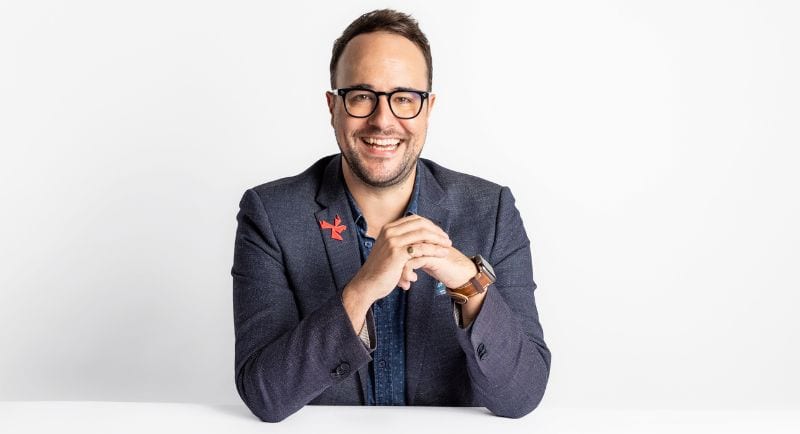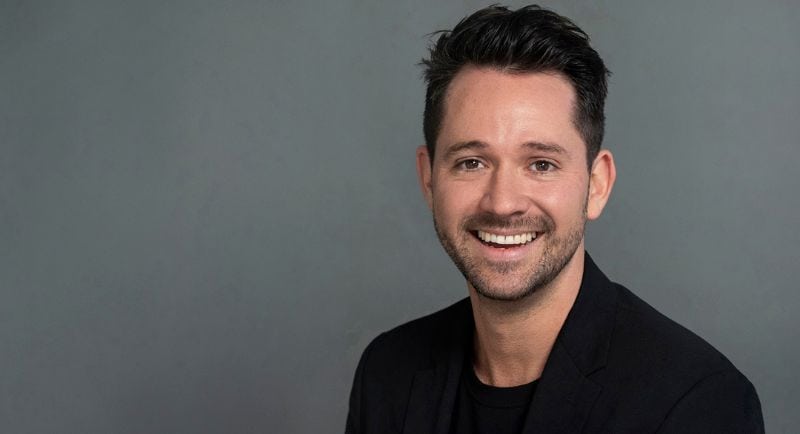Key industry leaders have reflected on TrinityP3’s inaugural State of the Pitch report, with national managing director at Initiative, Sam Geer, telling Mediaweek: “In a lot of cases, from a media perspective, that behaviour is even worse than the research suggests.”
While the research’s findings – an average agency pitch score of 3.13 out of 5, pitch lists of up to 45 agencies, and 89% of agencies not being paid for their time – is “not reflective of the entire market.”
Some clients and pitch consultants “buck the trend” and “make a concerted effort to conduct pitches respectfully at every stage in the process,” Geer acknowledged. “When calling out the bad, we must also reinforce the good.”
The State of the Pitch report also set out the reality of agencies being on the receiving end of no clear objective or direction, no clear communication with the marketer or procurement team, and a lack of adherence to the duration of pitches.
Darren Woolley, founder and CEO of TrinityP3, told Mediaweek that the marketplace is buzzing with reactive discussions and “generally negative” opinions about the pitch process.
Clemenger BBDO chief growth officer and former TrinityP3 consultant, Anita Zanesco, said the report is an “accurate representation of the state of pitching” in Australia.
“I think holding the mirror up, we haven’t moved on with the pitching process is a sad truth but one that we can address as an industry,” she added.
Nick Hunter, founder and CEO of Paper Moose, told Mediaweek that many of the report’s pain points reflect his agency’s experiences.
“Over the last year or so, we’ve spent time learning how to avoid or pull out of pitches run by an organisation that isn’t running a respectful pitch process, as this will most likely reflect what working together will also resemble.
“Looking at our internal data, we’ve identified a handful of things that must be part of a pitch to make it a worthwhile investment.”
Interestingly, all three highlighted the ease and organisation of being part of pitches run by consultants, rather than those led by marketing or procurement teams.
“Pitches are not a marketer’s day-to-day activity, so why would we expect them to be good at them? Running a good pitch is hard, which is why pitch consultants exist,” Hunter said.
Zanesco shared a similar sentiment: consultant-run pitches “feel more organised and structured.”
“There is a clear process, timings and better communication in terms of feedback and clarity around expectations,” she added.
Among the industry pitch consultants that have been doing well are TrinityP3 and Tumbleturn Media, according to Geer.
“TP3 and Tumbleturn Media are two pitch consultant groups that have been strong in this area and should be publicly recognised,” he said.
Woolley noted that the large majority of marketers (70%) feel that it’s their job to run a pitch, which can work and lead to a good result.
“But when they don’t, it has a huge impact on the agencies and the whole industry to the point that we’ve seen almost hysteria about how the pitch process is broken. The pitch process is broken when it’s not run properly.”
Eric Faulkner, partner and chairman of media consultancy Madclarity, unsurprisingly said, “our view is that consultants should be involved in all pitches.”
‘No one likes to be left hanging’: Bringing respect to the process
In the State of the Pitch report, one agency was quoted as saying: “We were notified by email that we lost the pitch, we didn’t even receive a phone call to notify us, and to date, the client has not responded to our requests for a post-pitch feedback session.”
This response did not surprise Hunter, who “has found the types of prospective clients that understand what they need to invest in a creative pitch are also those that will help you learn and improve if they choose another agency.”
Zanesco, however, was surprised by the “lack of respect.” While she acknowledged the difficulty of making a ‘thanks, but no thanks’ call, she said the time, money, and resource drain that pitching requires means it’s the least an unsuccessful agency deserves.
“Clients need to think about how they would like to be treated, and no one likes to be left hanging.”
What agencies want
Zanesco wants marketers to truly acknowledge the time and money involved in pitching.
“Be aware of how much it costs agencies to participate. Don’t waste their time, and don’t ask for things you don’t need. Create a tailored pitch process that will help marketing teams select an agency right for them,” she said.
Zanesco also noted marketers should not “ask incumbents to pitch if you aren’t going to stay with them.”
Hunter added that procurement teams need to understand that buying a creative-led solution is not the same as pricing a widget.
“Ideally, procurement provides the ability to engage directly with the stakeholders during the pitch process to achieve the best outcome,” he said.
Zanesco said procurement teams should clarify the scope of work. She explained, “The clearer procurement teams can be on the SOW and the size of the prize, the better agencies can scope out how best to resource it.”
For Geer, it feels as though clients who have been paying attention “have evolved their behaviour” while others have been left in the “doldrums with little change in decades.”
“I worry this research will only be heard by the former, which is why we must continue to have this conversation at an industry level until the tide turns.”
Faulkner wants marketing teams to allow consultants to challenge them on the necessity of a pitch. “In many cases, the client is as much at fault as the agency, so they will encounter the same problems with their new agency.
“We have been doing this for over 20 years – since Ford asked us to run a pitch to find a replacement for Mindshare. We explained that they should look at a number of areas like structure, process, resource, communication, quality of briefing and much more. We helped them address all these areas and as result, client and agency continued to work effectively together for the next two decades.”
‘100%. Let’s do it’: Australia’s version of Pitch Positive Pledge
TrinityP3’s State of the Pitch study recommended the local industry establish its version of the UK’s Pitch Positive Pledge, designed to improve mental health, cause less wastage, and reduce costs.
Both Hunter and Zanesco backed the initiative. Hunter said Paper Moose has developed its own pledge.
“But it needs to be adopted industry-wide, so I would be very happy to be part of something like this,” Hunter added.
Zanesco said she was “100%” behind establishing a pledge, which would educate clients on the process, and “find new ways for clients to pitch their business and find long-term partners to help them execute their marketing requirements.”
Faulkner, though, issued a word of warning: “Unscrupulous clients and desperate agencies will not be influenced by pledges or pleas to be sensible and reasonable.”
See also: 89% of agencies not paid pitch fees: TrinityP3’s inaugural State of the Pitch report
See also: Pitch process ‘same one that’s seen in Mad Men’: Darren Woolley dissects pitching’s ‘bad name’
–
Top image L-R: Nick Hunter, Anita Zanesco and Sam Geer




